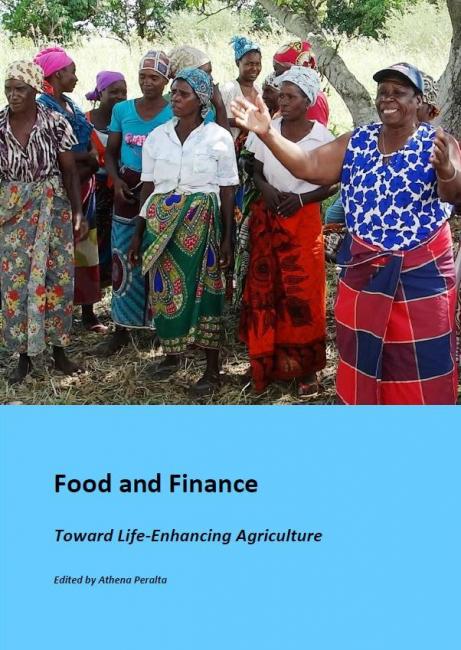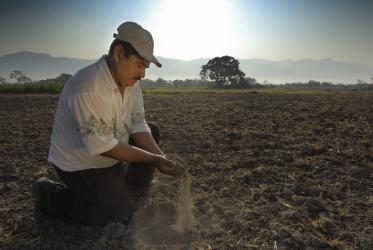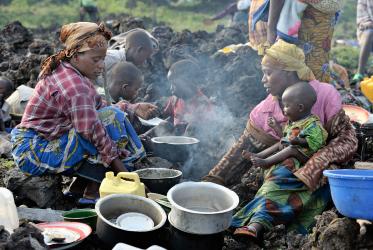Displaying 141 - 160 of 285
WCC offers food for thought as “Food Week” approaches
03 October 2016
WCC conference explores ecological injustice in Uganda
21 April 2016
Tveit on the “Ten Commandments” of food
26 January 2016
COP21: how climate change affects access to our daily bread
09 December 2015










